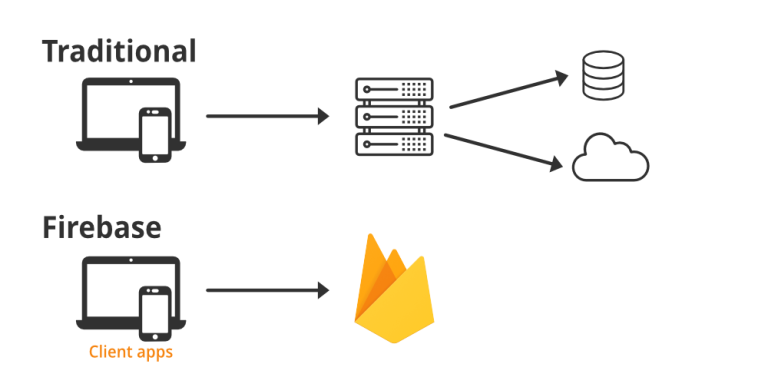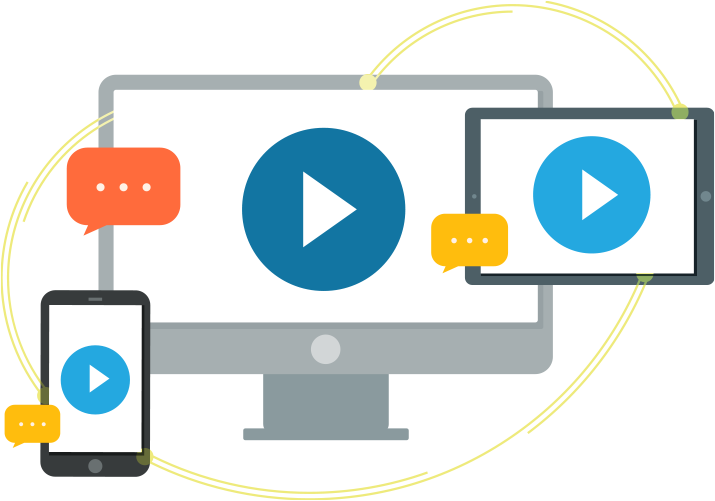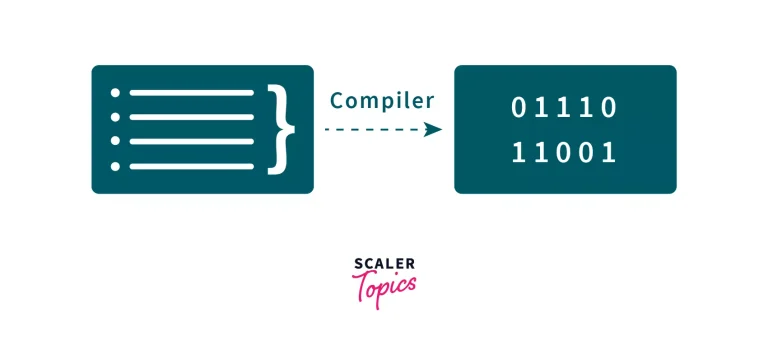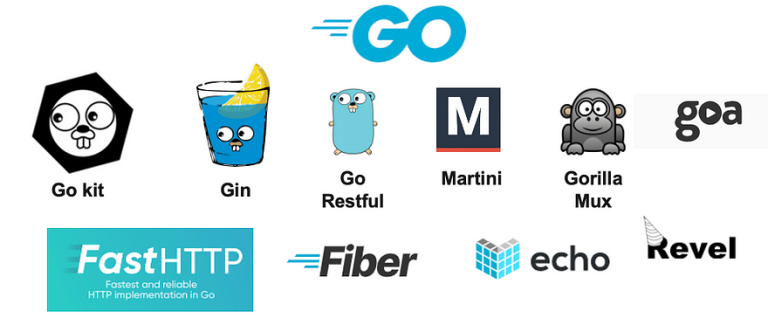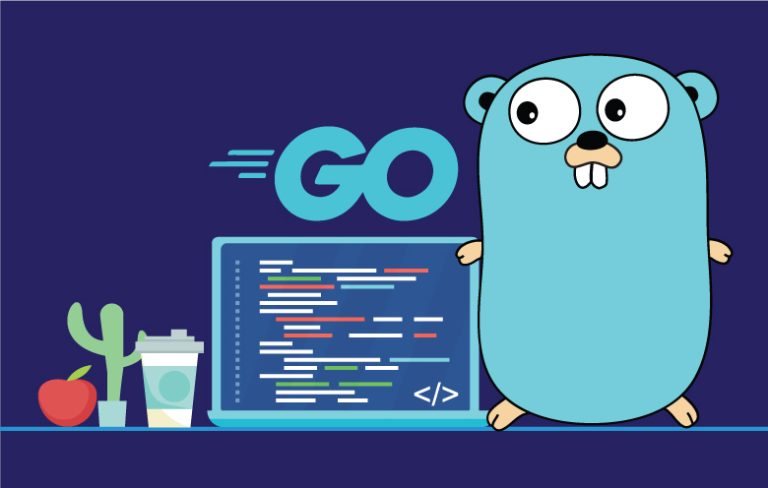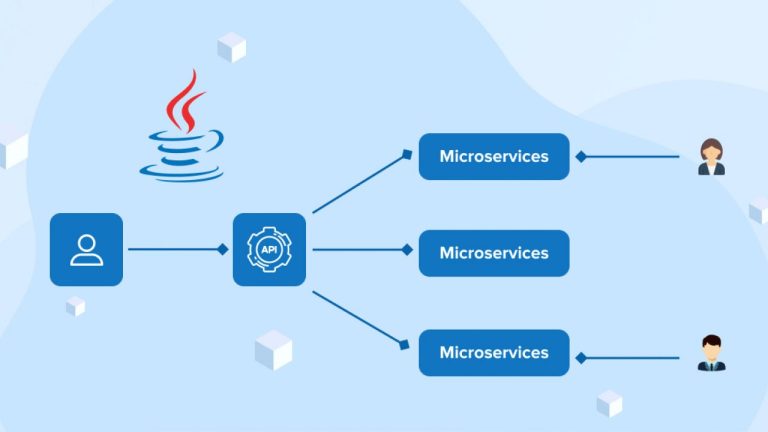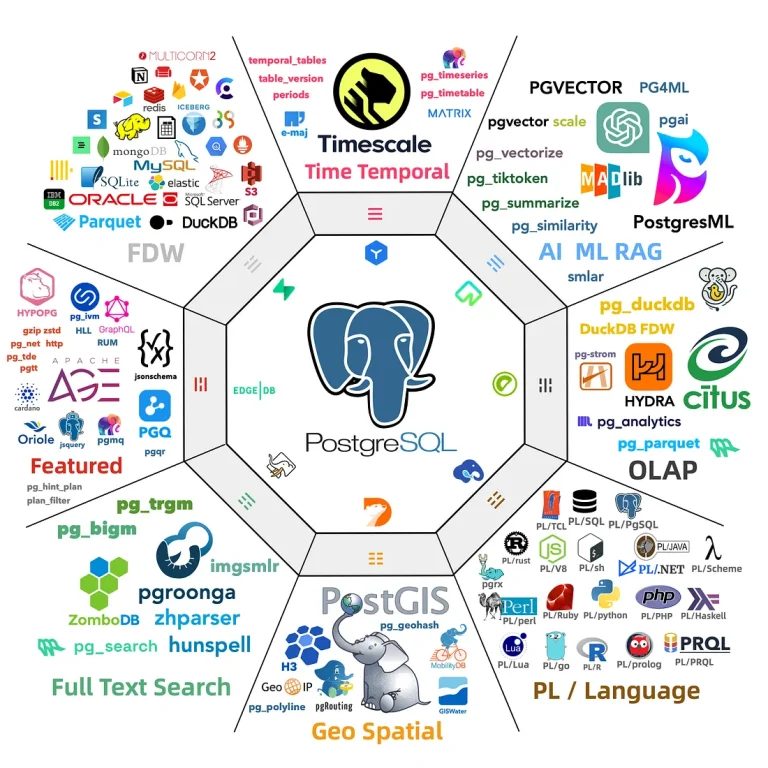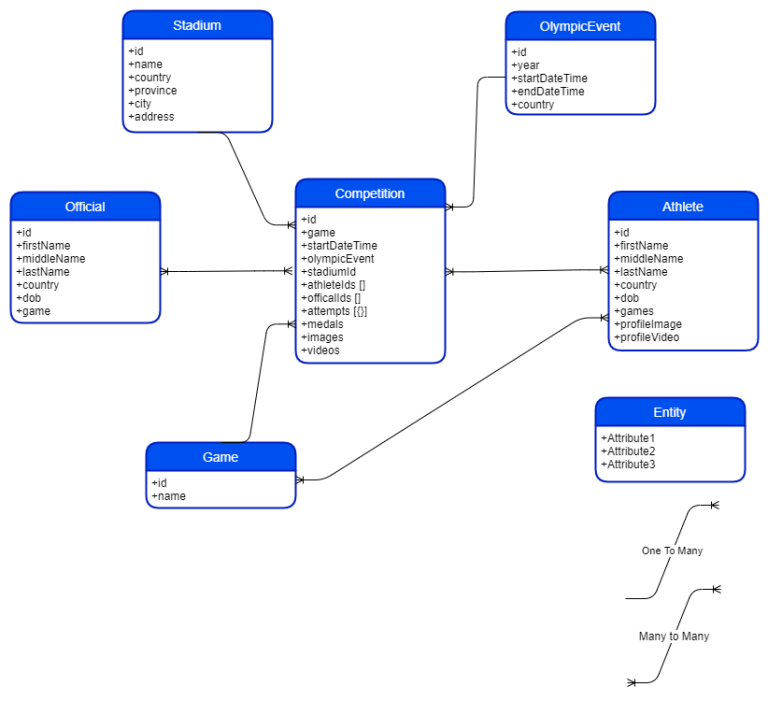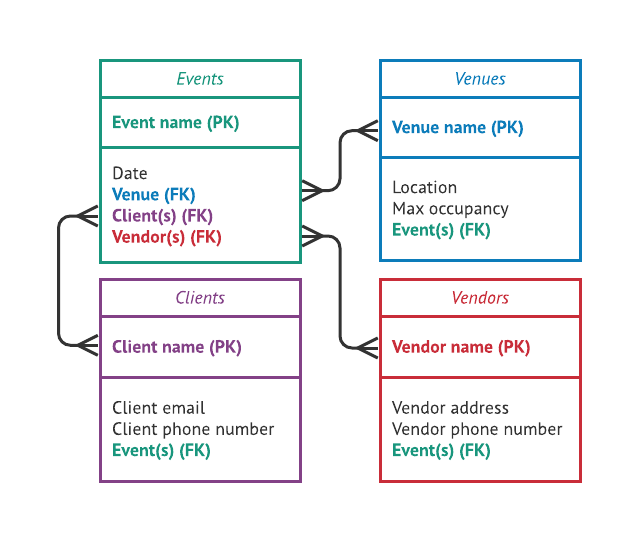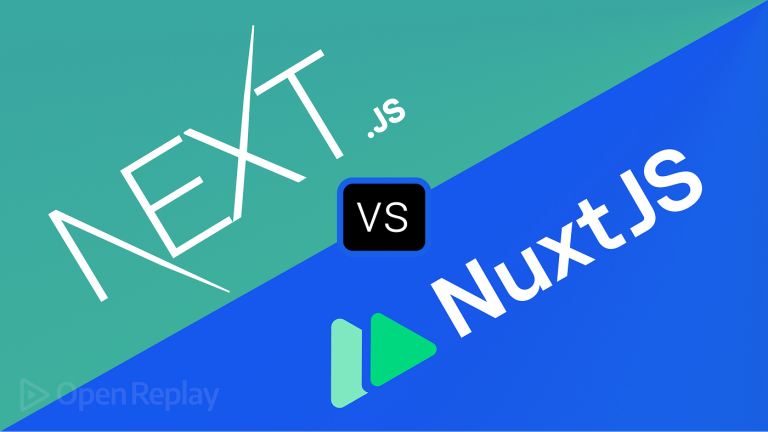Introduction:
In the ever-evolving landscape of enterprise application development, choosing the right programming language is crucial for creating robust, scalable, and efficient solutions. Among the plethora of options available, C#, Java, and Golang (Go) have emerged as stalwarts, each with its unique strengths. In this article, we will explore the merits and applications of C#, Java, and Golang in the context of enterprise application development.
C# – Harnessing the Power of the Microsoft Ecosystem:
- Elegance and Simplicity:
Developed by Microsoft, C# (C Sharp) has gained widespread popularity for its elegant syntax and simplicity. Its object-oriented nature and modern features make it an excellent choice for developing enterprise-level applications. C# is particularly well-suited for creating Windows applications, web applications, and services. - Integration with .NET Framework:
C# is tightly integrated with the .NET Framework, providing developers with a powerful set of libraries and tools. This integration facilitates rapid application development and allows seamless interoperability with other languages within the .NET ecosystem. The .NET Core framework further extends the reach of C# applications to cross-platform environments. - Strong Typing and Memory Management:
The strong typing and automatic memory management features of C# contribute to the language’s reliability and performance. This is especially important in enterprise applications where stability and resource efficiency are paramount.
Java – The Versatile Workhorse:
- Platform Independence:
One of Java’s standout features is its “write once, run anywhere” capability. Java applications can run on any device with a Java Virtual Machine (JVM), providing unparalleled portability. This feature makes Java an ideal choice for developing cross-platform enterprise applications. - Extensive Ecosystem and Libraries:
Java boasts a vast ecosystem of libraries and frameworks, making it easier for developers to build feature-rich and scalable applications. Popular frameworks like Spring and Hibernate simplify tasks such as dependency injection, database integration, and web development. - Scalability and Performance:
Java’s scalability and performance have been demonstrated in various enterprise environments. Its ability to handle large-scale, mission-critical applications has made it a preferred language for industries ranging from finance to e-commerce.
Golang (Go) – Simplicity and Concurrency:
- Concurrent Programming:
Golang is designed with a focus on simplicity and concurrency, making it well-suited for building scalable and concurrent applications. Its goroutine feature enables developers to write concurrent code efficiently, providing a significant advantage in performance-oriented applications. - Efficient Compilation and Execution:
Golang’s efficient compilation and execution contribute to its reputation for speed. With a minimalist syntax and a runtime system that handles garbage collection, Golang applications are known for their quick startup times and efficient resource utilization. - Built-In Support for Networking:
Golang comes with built-in support for networking, making it an excellent choice for applications requiring high-performance network communication. This feature, combined with Golang’s simplicity, positions it as a strong contender for developing microservices and distributed systems.
Simple sample codes for a basic “Hello, World!” application in C#, Java, and Golang.
C#:
using System;
class Program
{
static void Main()
{
Console.WriteLine("Hello, World! from C#");
}
}Java:
public class HelloWorld {
public static void main(String[] args) {
System.out.println("Hello, World! from Java");
}
}Golang (Go):
package main
import "fmt"
func main() {
fmt.Println("Hello, World! from Golang")
}These simple examples demonstrate the basic syntax for printing “Hello, World!” in each language. Depending on the specific requirements of your enterprise application, these snippets serve as a starting point for more complex and feature-rich code.
Conclusion:
Choosing the right programming language for enterprise application development depends on various factors, including project requirements, scalability needs, and the existing technology stack. C#, with its integration into the Microsoft ecosystem, Java, with its platform independence and extensive libraries, and Golang, with its simplicity and concurrency support, each brings unique advantages to the table.
Ultimately, the success of an enterprise application project lies in aligning the strengths of the chosen programming language with the specific demands of the business. By leveraging the capabilities of C#, Java, or Golang, organizations can embark on a journey of innovation, efficiency, and competitiveness in the dynamic landscape of enterprise application development.




